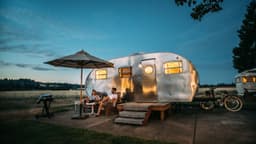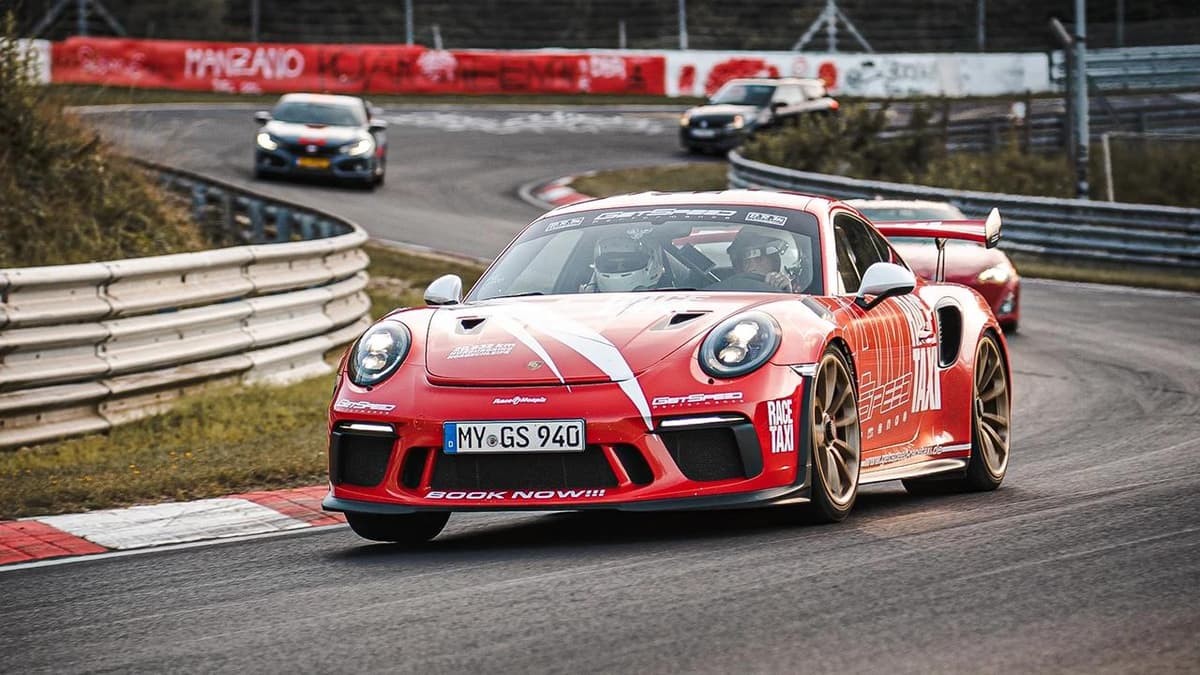What Is An Example Of A Franchise?
Franchises are everywhere! From the fast food joint at the corner of your street to the car repair shop just down the road, franchises offer familiar products and services across different regions through a tried-and-tested business model. Simply put, a franchise involves a larger company (the franchisor) allowing individuals (franchisees) to use its trademark, branding, and business strategies to sell goods or services under their name. Let's take a closer look at how this model works and explore a popular example to better understand the concept.
How Does a Franchise Work?
The franchise system is based on a partnership that benefits both the franchisor and the franchisee. The franchisor owns the overarching business, including the brand logo, the business model, and the products or services. The franchisee pays an initial fee and ongoing royalties to the franchisor for the right to operate under the franchisor's name and business system.
This setup helps the franchisee to leverage the brand’s reputation and proven business model, potentially reducing the risk associated with starting a new business. In return, the franchisor benefits from geographic expansion and increased brand presence without having to manage each outlet directly.
A Famous Example: McDonald's
When thinking of a franchise, McDonald's often springs to mind as one of the most successful and recognizable examples. Founded in 1955 by Ray Kroc, who opened the first franchise location in Des Plaines, Illinois, McDonald's has grown into a global powerhouse. Today, it is arguably the king of the fast food industry, serving millions of customers daily in over 100 countries.
The Business Model
McDonald's business model is a prime example of franchising done right. Approximately 93% of McDonald's restaurants worldwide are owned and operated by independent franchisees. This means that while McDonald's Corporation provides the branding, food products, promotional materials, and operational procedures, the individual franchise owners run the day-to-day operations of the restaurants.
Franchisees benefit from McDonald's extensive training programs, marketing campaigns, and the well-established supply chain. The centralization of purchasing ensures consistent quality and cost controls, which is crucial for maintaining the brand’s reputation and customer satisfaction.
Financial Aspects
Starting a McDonald's franchise isn't cheap, but for many, the investment is worth it. The initial investment varies depending on the country and specific requirements, but it generally includes a franchise fee of $45,000 with total costs ranging from $1 million to $2.2 million, depending on various factors such as restaurant size and location.
Success Factors
The success of McDonald's as a franchise lies in its consistent customer experience, efficient service, and ability to adapt to local tastes while maintaining global standards. For example, while you can find the classic Big Mac and fries nearly anywhere in the world, McDonald’s also caters to regional tastes with items like the McSpicy Paneer in India or the Teriyaki McBurger in Japan.
Why Consider a Franchise?
Franchising can be an attractive option for entrepreneurs who wish to start their own business but are cautious about the high risks often associated with new ventures. With a franchise, you get a blueprint for operating a business that has already been polished through trial and error over many years.
Additionally, franchises often come with comprehensive support from the franchisor, including training, product development, advertising, and a network of fellow franchisees to collaborate with and learn from.
Yet, it's not all easy. Running a franchise requires hard work, adherence to the franchisor's guidelines, and a significant investment of both time and money. Prospective franchisees should thoroughly research and consider their ability to match the financial requirements and business model of the franchise before jumping in.
Franchising offers a unique opportunity to operate your own business while benefiting from the support and established reputation of a larger corporation. Companies like McDonald's demonstrate how successful this model can be when executed with a commitment to quality, consistency, and responsiveness to market needs. For those dreaming of being their own boss but with the safety net of a proven business framework, exploring the franchise route could be the way to go.
Whether you are eyeing a fast food franchise or any other type of business, understanding the operational intricacies, financial obligations, and your own alignment with the brand’s philosophy are crucial steps toward achieving entrepreneurial success within the franchise model.












